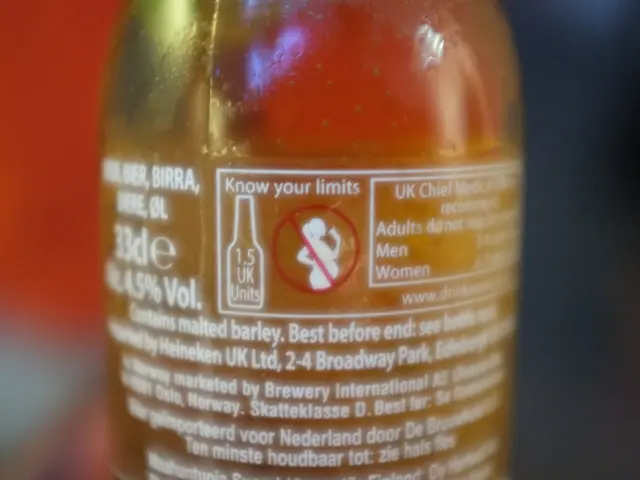Sustainable Apparel Coalition Launches MCAP to Cut Manufacturers' Emissions
The Sustainable Apparel Coalition (SAC), a global alliance of over 280 industry players, has launched the Manufacturer Climate Action Program (MCAP). This initiative aims to guide apparel manufacturers in reducing their carbon footprint, with a focus on Scope 1 and 2 emissions. SAC, in collaboration with Nike and Target Corporation, plans to start implementing MCAP in 2024, following a period of gauging member interest.
MCAP, set to roll out fully in 2025, encourages manufacturers to commit to science-based climate targets. It offers guidance and training to help them set CO2 reduction goals and disclose progress annually. The program is part of SAC's broader Decarbonization Program and aligns with the industry's goal of achieving net-zero emissions by 2050. Participating companies, including Patagonia, will benefit from reduced energy use and cost savings while meeting customer expectations.
Progress of MCAP will be publicly tracked and displayed on the SAC website. SAC's strategic plan includes a commitment to a minimum 45% reduction of GHG emissions by 2030, demonstrating its dedication to driving the apparel industry towards sustainability.
The Manufacturer Climate Action Program, launched by the Sustainable Apparel Coalition, is set to transform the apparel manufacturing sector. By focusing on Scope 1 and 2 emissions and providing guidance to manufacturers, MCAP is poised to reduce greenhouse gas emissions, save money, and meet customer expectations. With SAC's commitment to reducing its own emissions by 2030, the industry is taking a significant step towards a sustainable future.
Read also:
- Comprehensive Cancer Care Strategy Encompassed by Siemens Healthineers Entirely
- Federal solar energy initiatives among Wyoming's tribal communities face varying outcomes following the Trump Administration's withdrawal of funding.
- Exploring Hemp Insulation: Is This Eco-Conscious Solution Worthwhile for Your Construction Project?
- Construction fleet and urban transport emissions could see a significant reduction with the implementation of biogas as a game-changing solution.








